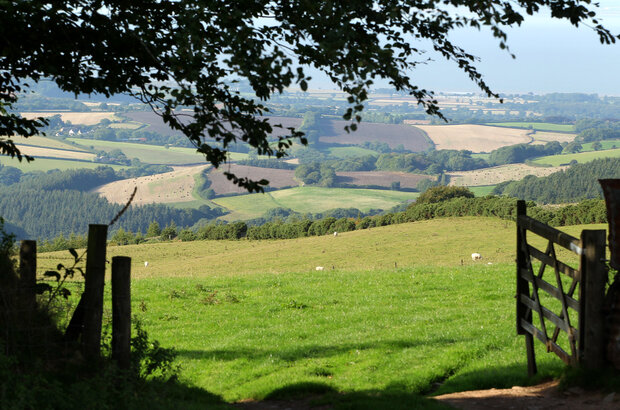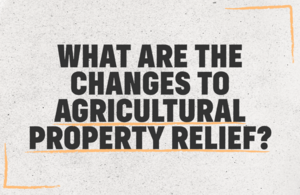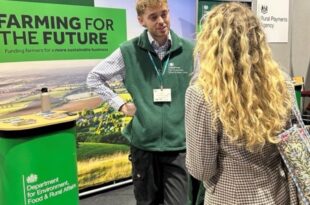
One of the areas we’re looking at is how much advice and guidance farmers and land managers might need in our new schemes. We’re exploring this in 43 tests and trials. In this post I'll share the latest findings.
The role of advice in the new schemes
Findings from our tests and trials confirm that there is an important role for advice. We’ve heard again and again how good advice encourages farmers to take part in environmental land management. Farmers involved in a test in North Cornwall told us how their trusted adviser helped them to develop an interest in habitat creation and management which gave them confidence to apply for the environmental land management schemes.
Most farmers think they will need help from an adviser to apply for the Local Nature Recovery scheme and some feel they would also need advice to apply for the Sustainable Farming Incentive scheme. Farmers in a test led by Exmoor National Park felt that they would need advice on environmental management before applying for the new schemes.
Many of them also wanted advice on financial planning as it would help show the impact of the delivery of public goods on their farm business and support decision-making. We’ve also heard how specialist advice might be needed when farmers and land managers are setting up big landscape recovery projects, such as woodland creation.
We’ve also had feedback that advice will be important for specific groups of farmers. The Foundation for Common Land test pointed out that many public goods on commons have been overlooked or misunderstood. Farmers in the test felt strongly that advisers will be needed to identify opportunities to deliver public goods on commons.
Who do farmers want to provide their advice?
We’ve learnt that farmers want flexibility to decide who gives them advice. It’s clear that practical experience and local knowledge are essential skills of good advisers. Farmers in the Exmoor National Park test felt that it can take several years to develop trust and confidence in an adviser. They preferred to go to one contact for advice and use them to bring in specialist advice.
We’ve heard concerns that there might not be enough good advisers available for the launch of the new schemes. One solution suggested by farmers in the Cuckmere and Pevensey test is for a local body to help with providing local advice. This body could be responsible for making sure there are enough farm advisers who have a good understanding of the local environment. It could also provide training and certification for local advisers. Most importantly, farmers would like the body to be made up of local people who understand the area.
Paying for advice
We’ve also been looking at the cost of advice and how this could be paid for. The test led by Exmoor National Park found that the average day rate for advisers is £400 per day. Rates start from £200 per day but increase significantly for specialist advice.
Many farmers would prefer it if the new schemes included the cost of advice, but the farmers involved in the Cuckmere and Pevensey test pointed to different sources of funding, such as water companies.
The role of guidance
The idea of guidance toolkits is popular. These could include a range of resources in different formats to help farmers identify what they could deliver for the environment. The Organic Research Centre worked with farmers and land managers to test digital guidance. They found that videos, podcasts and live events worked well for sharing information. These formats can save farmers time and effort as they wouldn’t need to travel to an in-person event. Although, many farmers have told us that guidance doesn’t replace trusted face-to-face advice.
Our next steps
All of these insights have been shared with teams working on the design of the new schemes. Over the next couple of months, farmers involved in our tests and trials will look at how much advice may be needed to access the new schemes and how we check the quality of that advice. We’ll keep you posted on the progress of that work in future posts so don’t forget to subscribe to Future Farming and sign up to Defra’s e-alerts if you haven't already.





 The
The 
Leave a comment